Case Study Analysis: Moral Status of Fetus and Fetal Abnormality
VerifiedAdded on 2023/04/19
|5
|1014
|61
Case Study
AI Summary
This assignment presents an analysis of a case study concerning fetal abnormality, focusing on the differing perspectives of Jessica, Marco, Maria, and Dr. Wilson regarding the moral status of the fetus and the decision to abort. The assignment identifies the application of cognitive properties, relationship theory, and divine command theory in shaping the individuals' recommendations. Jessica's concerns are rooted in financial constraints and religious beliefs, while Maria emphasizes religious obligations. Dr. Wilson advocates for abortion based on the fetus's lack of moral status and potential future complications. The author supports the divine command theory and, as a healthcare professional, recommends abortion to mitigate risks to both mother and potential child, emphasizing medical and scientific justification for the action. The analysis concludes by reiterating the medical and financial benefits of terminating the pregnancy.
1 out of 5
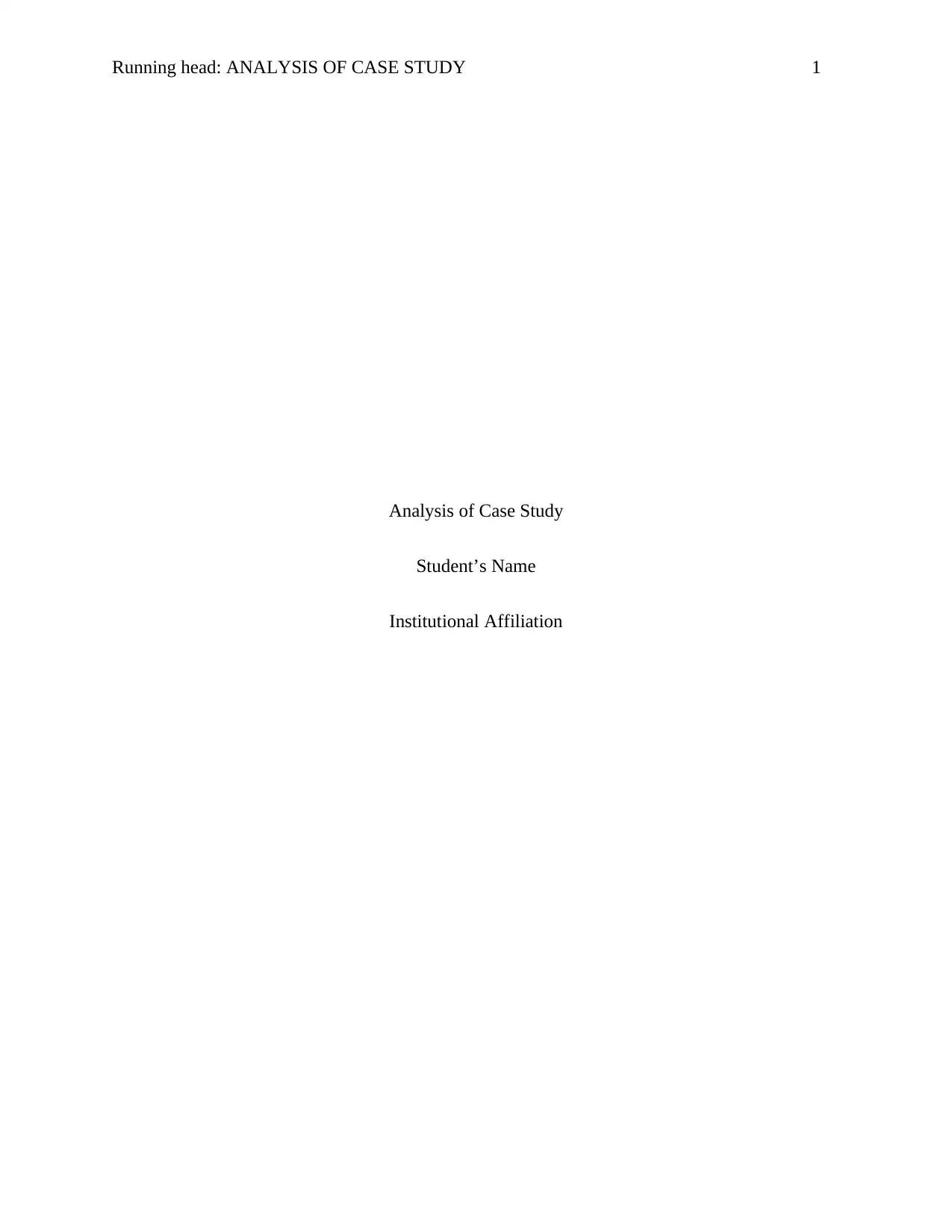
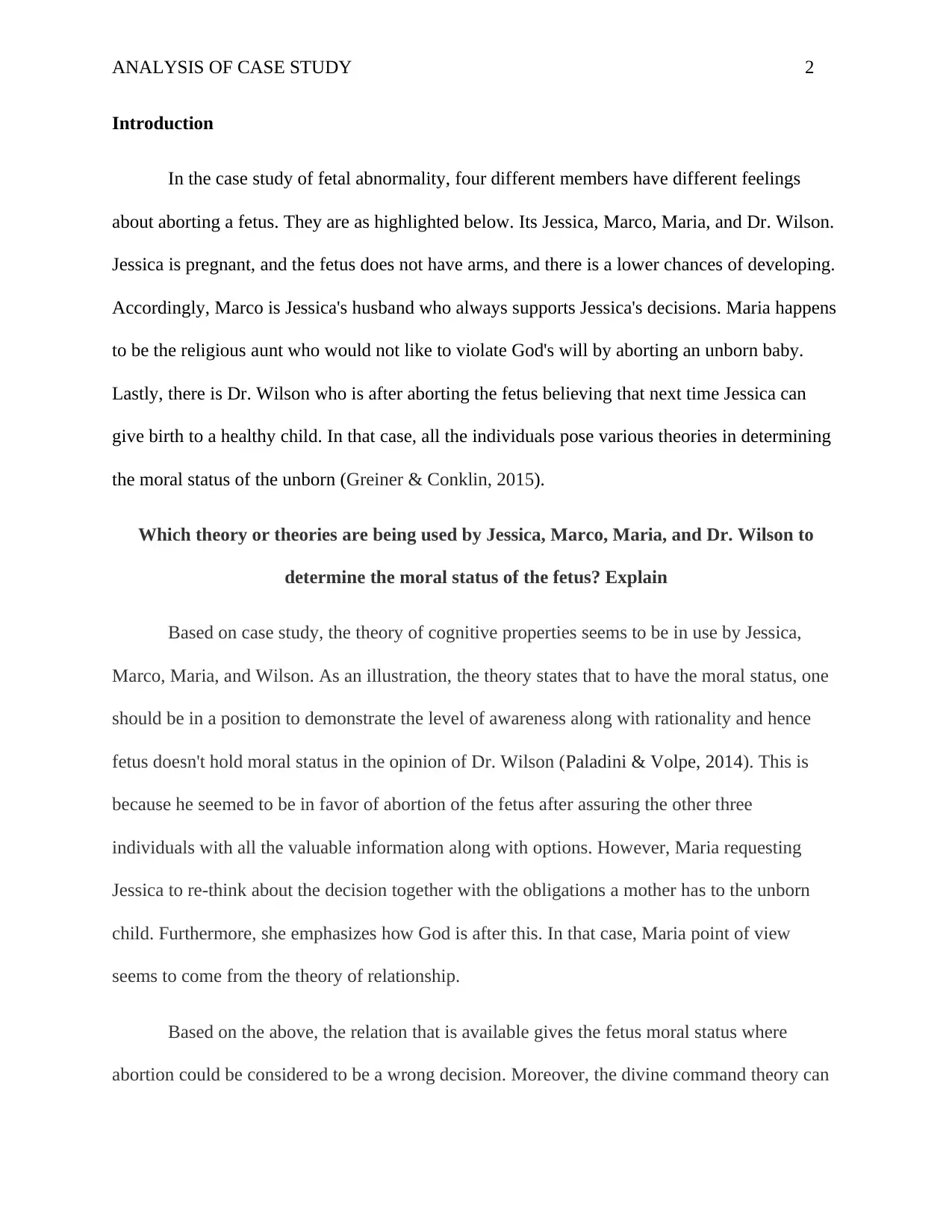
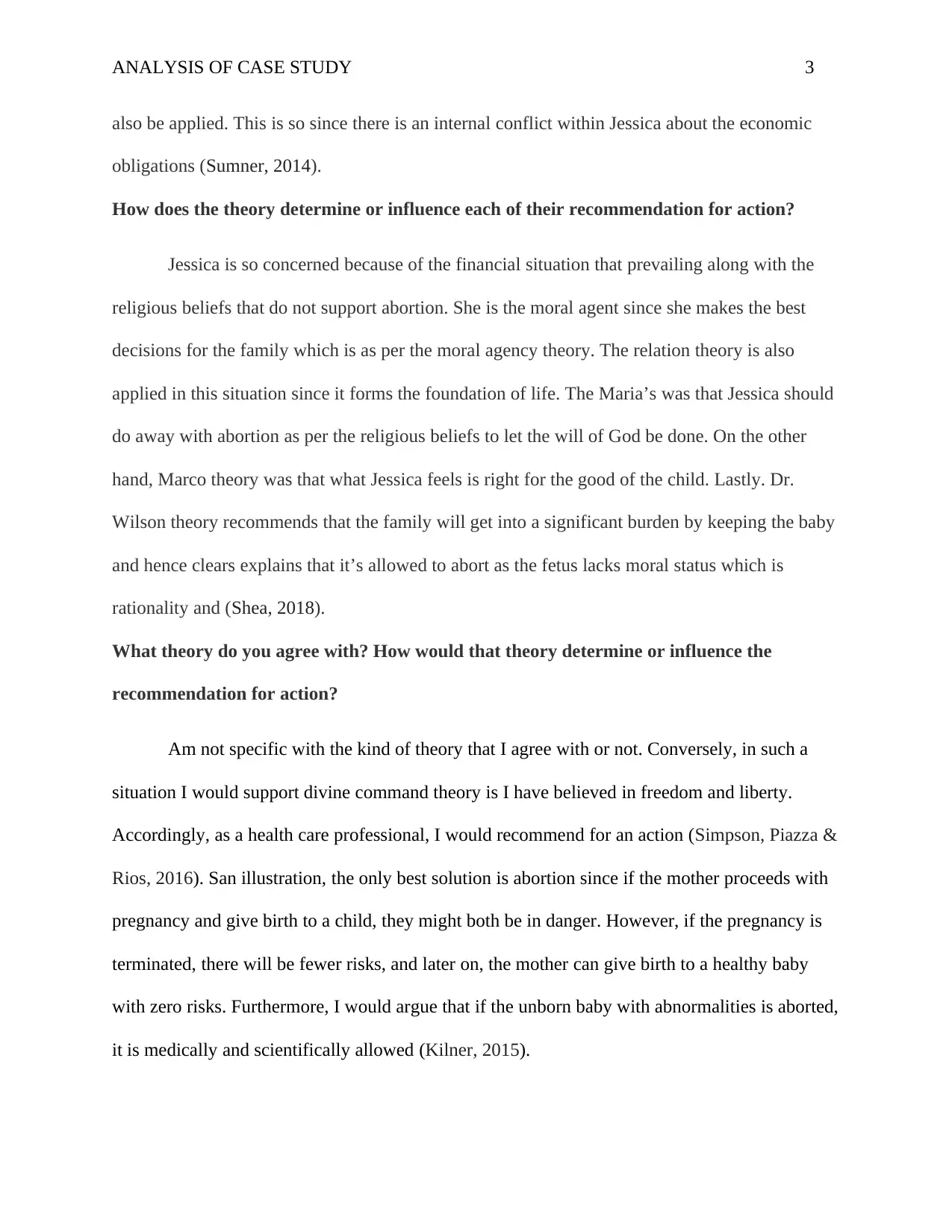

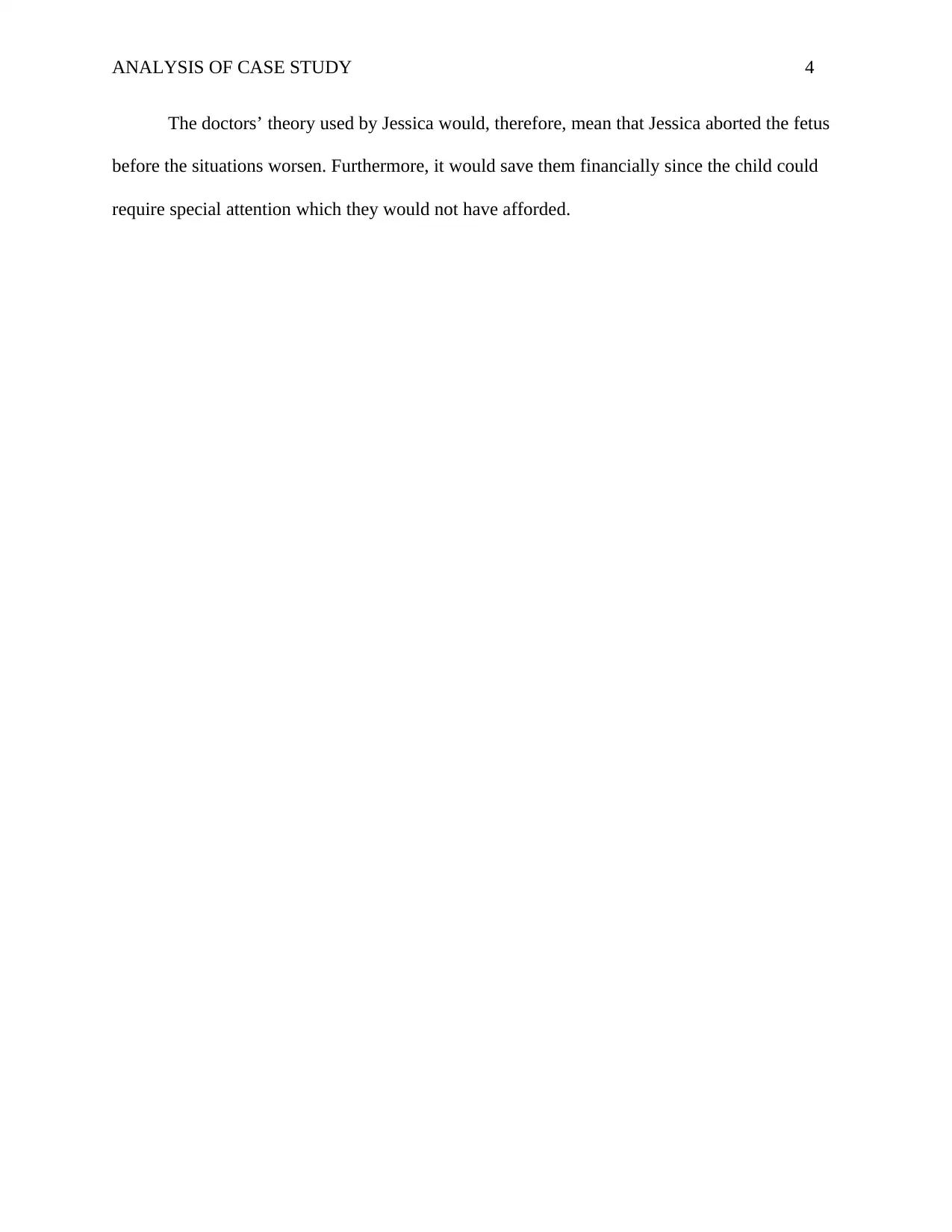
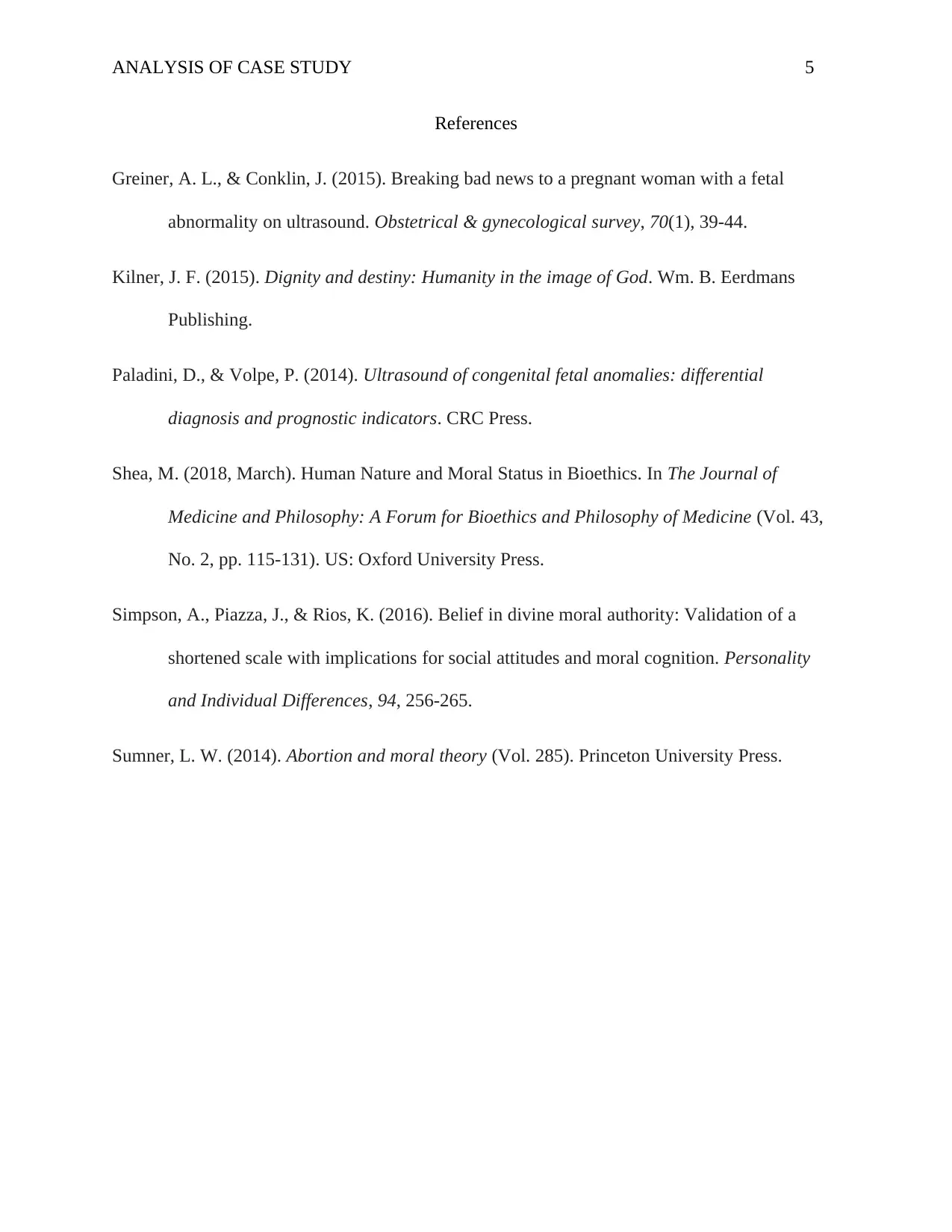





![[object Object]](/_next/static/media/star-bottom.7253800d.svg)